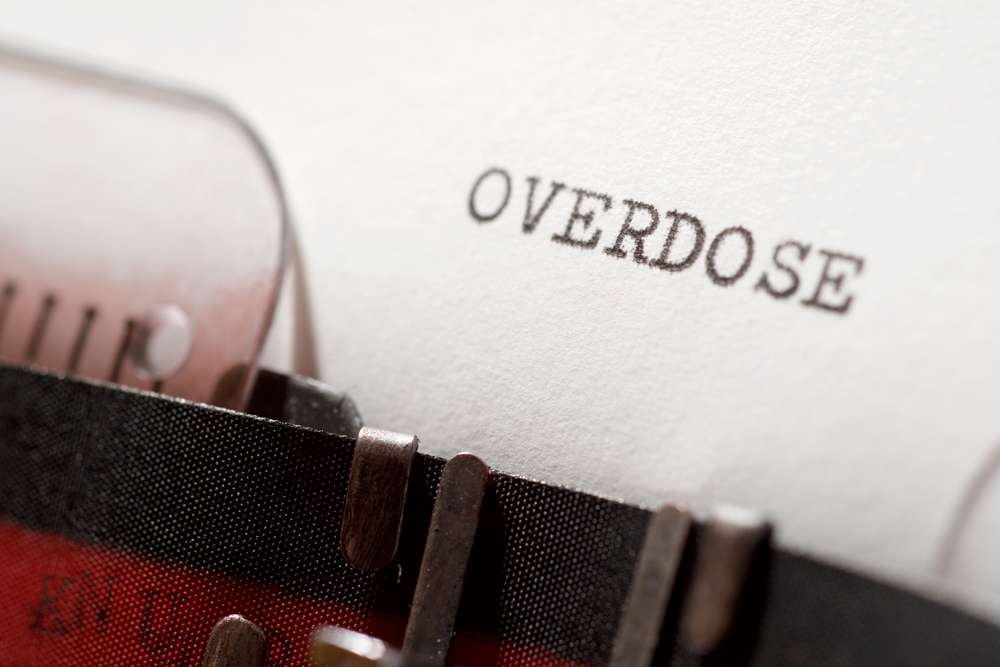U.S. drug overdose rates continue increasing, representing a growing public health crisis. While the prevalence of synthetic substances such as fentanyl has made drug use far more dangerous, it’s possible to overdose on any drug – even one you are taking for medical reasons.
What Happens During a Drug Overdose?
A drug overdose occurs when you take more of a substance than your body can handle, overwhelming essential areas like the central nervous system and respiratory system. Respiratory failure is the most frequent cause of death from any chemical overdose. Often, an overdose victim will be extremely drowsy and disoriented, with bluish lips and fingernails. Their breathing will be labored, and they may choke or make gurgling noises as they struggle to get air.
The possibility of an accidental drug overdose depends on several different factors, including drug potency, the amount taken, the consumption method and the elapsed time since taking the substance. Using drugs in any off-label way, such as crushing and snorting pills for faster-acting effects, can also elevate the risk of an overdose. Additionally, you can overdose on a prescription medication that’s otherwise safe for you if you don’t carefully follow the instructions included with the package. Taking more than directed or not waiting long enough between doses can lead to an accidental overdose.
How Do Medical Providers Treat Drug Overdoses?
If you see any overdose warning signs, such as confusion, trouble breathing, unresponsiveness or seizures, call 911 immediately, then keep the overdose victim awake and upright if possible. Never assume an unconscious person will sleep it off and feel better the next day; there’s always a danger that someone who has passed out might asphyxiate or stop breathing.
First responders who arrive on the scene might use methods like these:
- Performing CPR or rescue breathing
- Giving the victim activated charcoal to absorb the drug in their digestive tract
- Inducing vomiting or pumping their stomach to remove the substance
- Administering IV fluids
- Providing naloxone to help reverse the effects of an opioid overdose
Recovering After a Drug Overdose
Your loved one can survive an overdose with your help and support. Perhaps the only bright side of a near-death experience is that it can reveal the severity of a substance use problem and convince someone to start treatment. If someone you care about has experienced an accidental overdose and is still hesitant to seek help, remind them that getting sober will help them avoid future overdoses.
At Canyon Crossing Recovery, we offer a dual-diagnosis program for treating addiction with a co-occurring mental health component. Our women’s-only recovery center is a safe, nonjudgmental place where you can get the care you need to start rebuilding your life and recovering your integrity. Addressing gender-specific needs in substance use disorders, our Arizona recovery facility provides women with a safe, transitional living situation and outpatient program. Our clients work to replace harmful behaviors with healthy patterns while healing emotionally and physically and learning to love themselves again. To learn more, please contact our team today.



